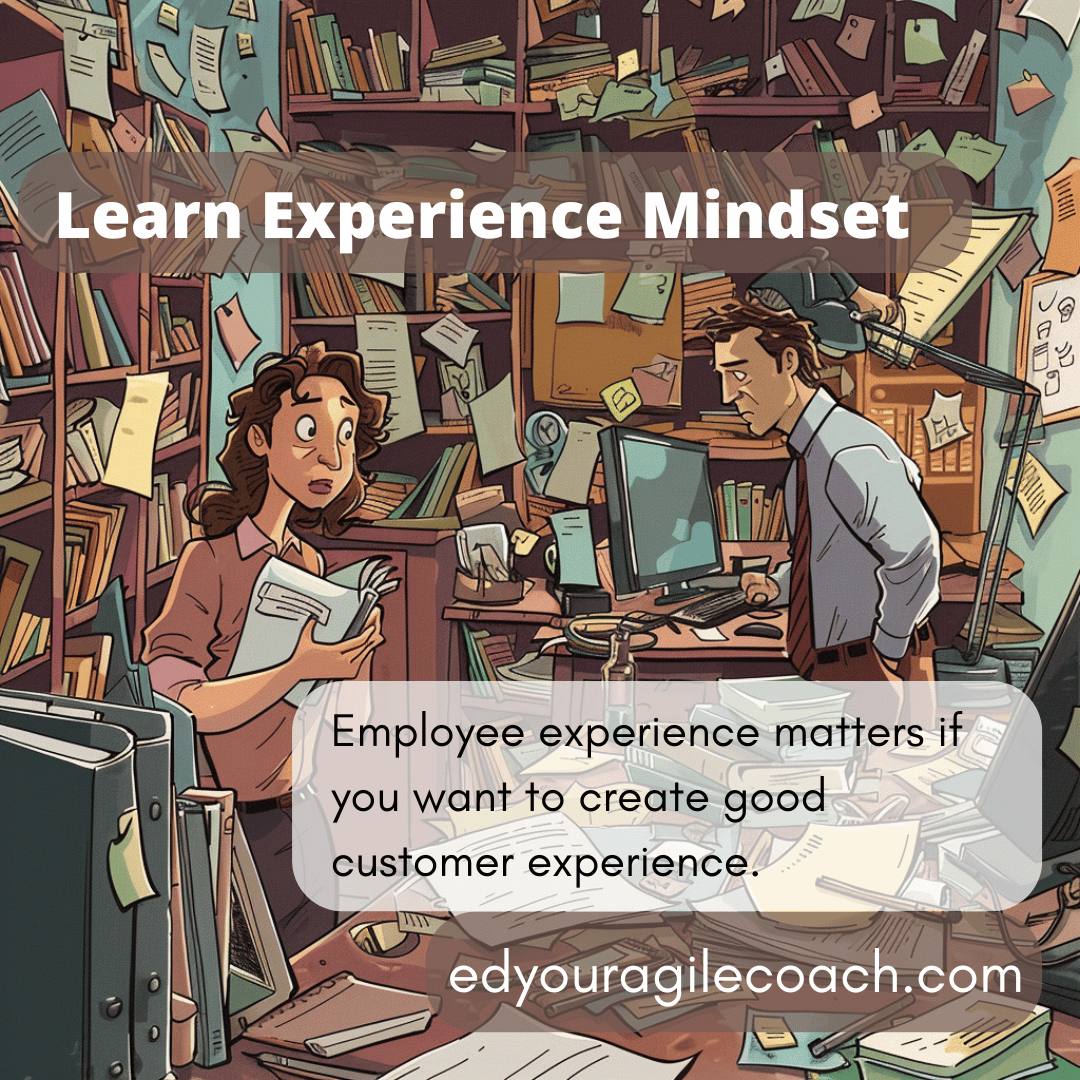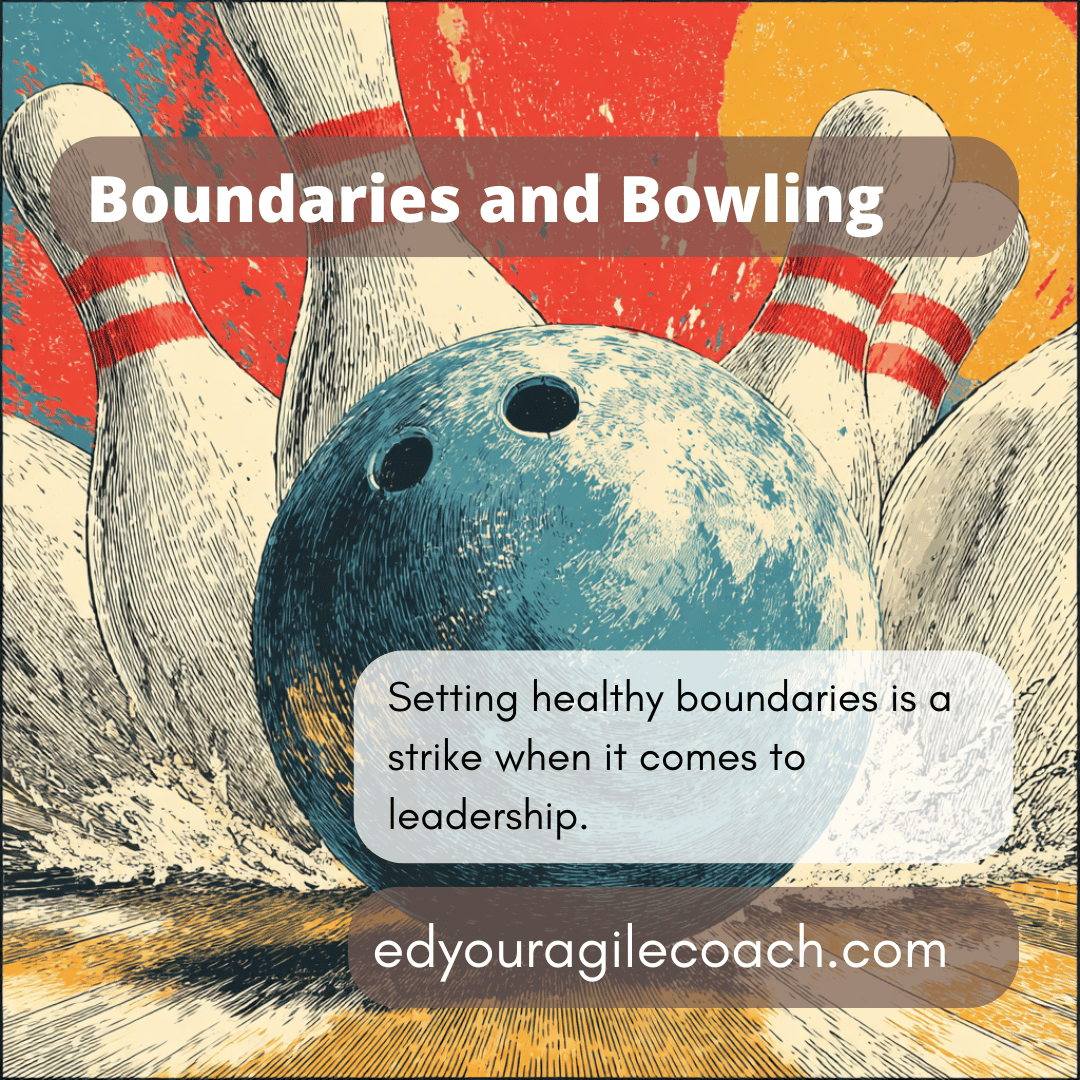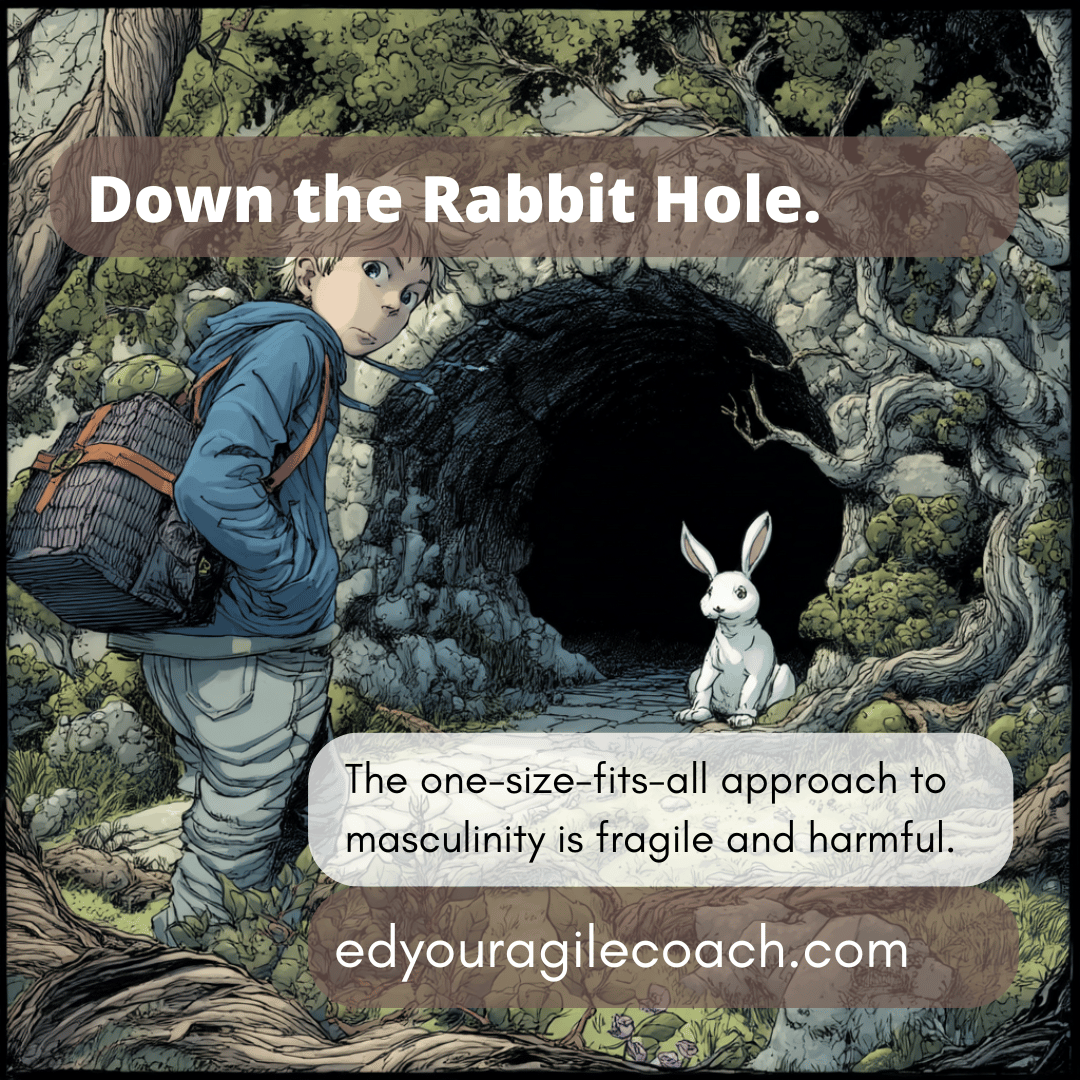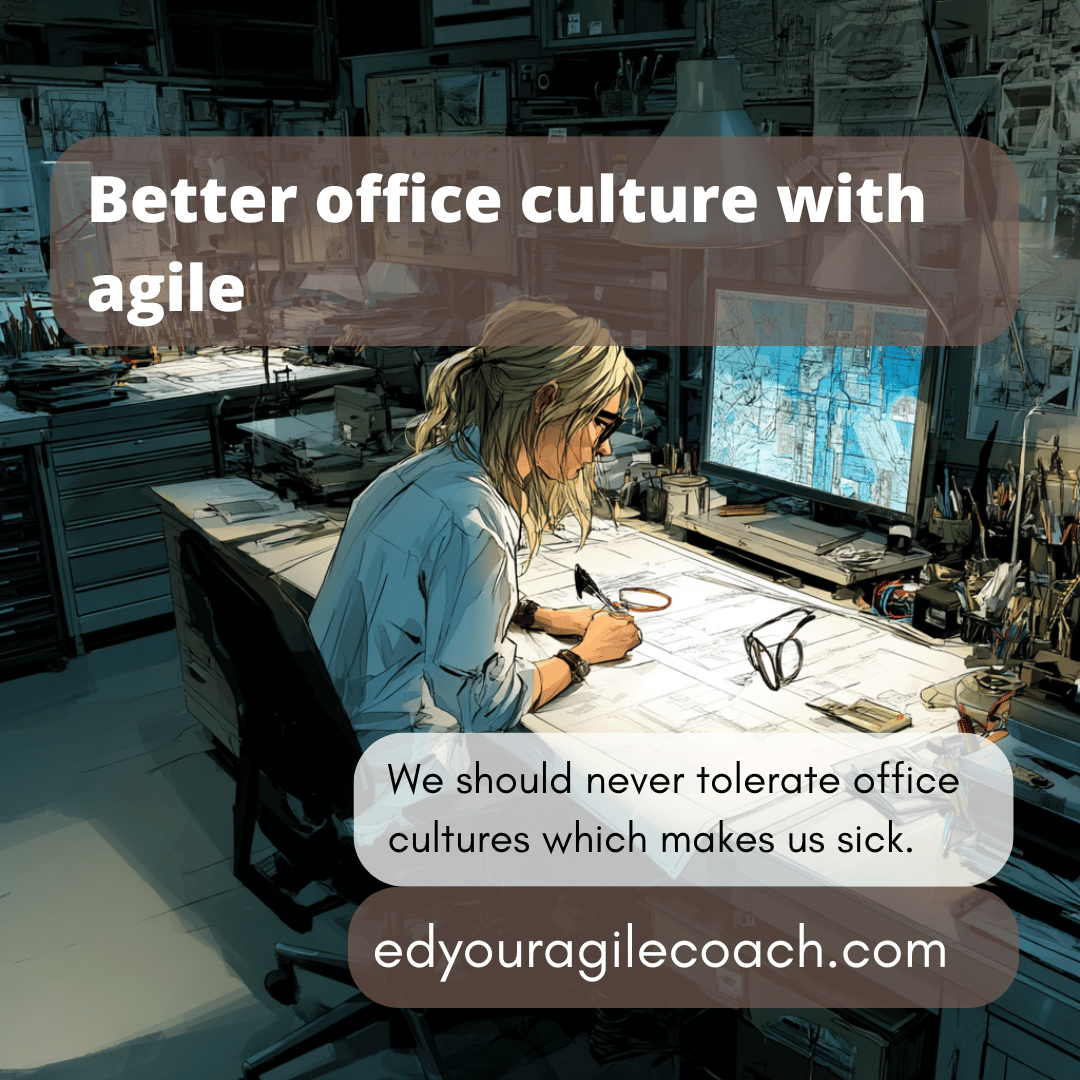The experience mindset, what you need to know.

One of the most aggravating things about contemporary office culture is the cult of busyness. If you work at an office, you must look busy because if management sees you as not having enough to do, they will provide you with more work. Worse, they could decide there needs to be more work and lay you off to improve profit margins. Furthermore, leaders who struggle with remote teams instigate demands to return to the office.
Sophisticated software monitors employee keystrokes, mouse moves, and video feeds, creating a cycle of distrust. Cal Newport calls this situation “pseudo-productivity” because you look productive but are putting on a theater performance. The desire to look busy interferes with things that drive value at the office: learning, experimentation, customer service, and collecting your thoughts to make proper decisions. One of the benefits of my job search is the opportunity to learn new skills like Microsoft 365 and Loop. It also allowed me to read, and this week, I want to recommend Tiffani Bova’s book, “The Experience Mindset.”
Bova is not some socialist business professor at a prestigious college. She is a product of Silicon Valley software culture and has roles at Gateway Computers, Gartner Analytics, and Salesforce. Her expertise in tech topics makes her a sought-after advisor to corporate boards and a frequent contributor to the Wall Street Journal. Her research, marketing, and sales skills are impeccable. I stumbled upon a video of her discussing the breakdown of employee/employer relations, and it sparked my interest in purchasing her latest book.
In the book, Bova makes a simple argument: for the last forty years, business organizations have concentrated on improving customer experience. Companies like Amazon, Ikea, and Apple grew explosively thanks to attention to customer experience to the detriment of everything else. Soon, companies across sectors were implementing this passionate desire to transform customers into evangelists. It has generated tremendous wealth but at the expense of the people who created it.

The experience of the people doing the work has declined, creating unrest in the broader culture. The labor movement is growing for the first time in my memory. Trends like quiet quitting are normalized. Workers are unhappy, and Bova points to old-fashioned attitudes about business and treating people like expenses instead of investments, which will deliver dividends to the firm.
The impact of this disconnect is that, in the last 25 years, employee surveys at Fortune 500 companies have fluctuated between 26% and 32%. The lack of engagement at work translates into 7.8 trillion dollars of lost wealth annually to the world economy. The reason for this is simple: business leaders see the benefit in improving customer experience and then force employees to do the additional work to maintain these standards. It creates a toxic cycle, exhausting employees and undermining the customer experience. The pandemic further aggravated the situation, putting extra demands on employees to help deliver value.
At this point, Bova provides the big message of her book.
“Customer Experience and Employee experience are inextricably bound.”
Her research with Salesforce reveals that if companies invest in employee experience, they will achieve 1.3 times more growth than companies that do not. A thirty percent increase in customer experience translates into billions of dollars in sales. It is the kind of success that gets people promoted and creates staggering levels of wealth. It is challenging to improve employee experience because it requires investment in people, processes, technology, and culture, which are difficult to quantify at an investor board meeting. It also requires managers to see their employees as equals and work with them instead of involving them in power games.
As the CEO of AirBnB said in Bova’s book.
“Instead of doing things to our employees, we began working with them and for them to define the priorities that would help set them up for success and do their jobs.”
It sounds suspiciously like Agile with its emphasis on collaboration and empiricism. The remainder of the book takes a pragmatic approach, showing how to measure employee experience and giving case studies to support her claims. I enjoy this book and recommend it to a business leader who wants to know more. She emphasizes there are no silver bullets to this process and that the decision to improve employee experience must be both intentional and strategic.
It is nice to see validation of my mindset in other business community members. More business leaders must also understand that Agile, Intentional Leadership, and Radical Candor are not a conspiracy but a means to improve the business and make more money. This perspective is one that all business people can support, and it beats productivity theater.
Until next time.
Tiffani Bova is spelling it out.




Comments ()